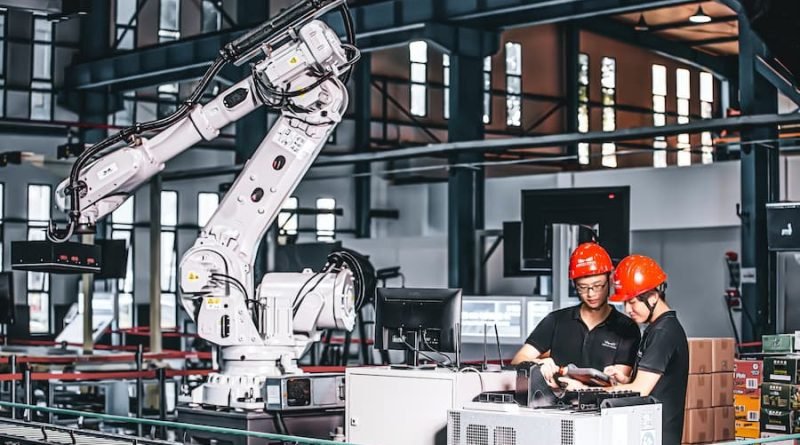Things to Consider Before Buying a CMM
The coordinate measuring machine (CMM) has become a godsend to many manufacturers, especially those requiring high levels of precision in their product lines.
A CMM is a computerized machine that can measure samples in three dimensions (X, Y, and Z). Due to its programmability, it makes the quality assurance process a lot more efficient and accurate.
Without a CMM, manufacturers usually use manual measuring tools, which can be effective. However, these do not have the precision of a CMM and may not be suitable for products that require high accuracy and precision, such as engine parts.
A CMM is a significant investment, so if you’re planning to purchase one for your company, consider these factors.
Your Company’s Needs
Before purchasing a major piece of equipment like a CMM, it’s crucial to thoroughly evaluate your company’s needs first. What do you need to measure? Can a CMM’s performance meet your expectations?
CMMs are often used in manufacturing automobiles, engine parts, machine tools, and electronics, among other things. These processes often require consistent and accurate measurements to ensure the safety and functionality of the finished product.
What can a CMM measure?
- Sine bars and gauge blocks can be effective in the hands of experienced inspectors. However, a CMM is faster, more consistent, and more precise.
- Radii and circles. CMMs can effectively measure anything round, such as holes, cones, and slots.
- Geometric dimensioning and tolerancing (GD&T) callouts. These include parallelism, perpendicularity, flatness, and true position. A CMM is more efficient at measuring these callouts compared to manual methods.
- Profiles can be pretty tricky to measure manually, but a CMM can do the job, scanning thousands of points in seconds.
Cost
A CMM is a specialized equipment with unique capabilities, so they don’t come cheap.
Brand-new CMMs can cost anywhere from tens of thousands of dollars to the millions, depending on their size and capabilities. A cheaper alternative would be to choose fully reconditioned used machines, although the cost will still be worth thousands.
Aside from the initial purchase, a CMM will also incur training, programming, and maintenance costs. Your company should be able to justify this investment before purchasing a CMM.
Space and Environment
Most CMMs need to take up more floor space, so you will need to dedicate a room or area for them to operate.
Despite their size, a CMM has delicate functions that need proper care. To protect the machine and maintain accuracy, it’s better to place it in a controlled environment, such as a laboratory.
You can also place the CMM on the shop floor, as it is more convenient and accessible. However, leaving the machine exposed could make it vulnerable to disturbances, especially considering the movements and vibrations of various machines required in manufacturing.
Programming
Alongside the machine, your company needs to invest in hiring or training a CMM programmer or operator to monitor the machine and ensure it serves your company’s needs.
As the name suggests, a CMM programmer or operator programs the machine to take accurate and consistent measurements. They read the product’s blueprints and translate them into a language that the machine can understand and apply to the inspection process.
Despite their high costs, many manufacturers and engineers would agree that CMMs offer irreplaceable value to design and manufacturing processes across various industries. They might not be a complete necessity at present, but as technology develops and standards rise, CMMs will soon be indispensable.

